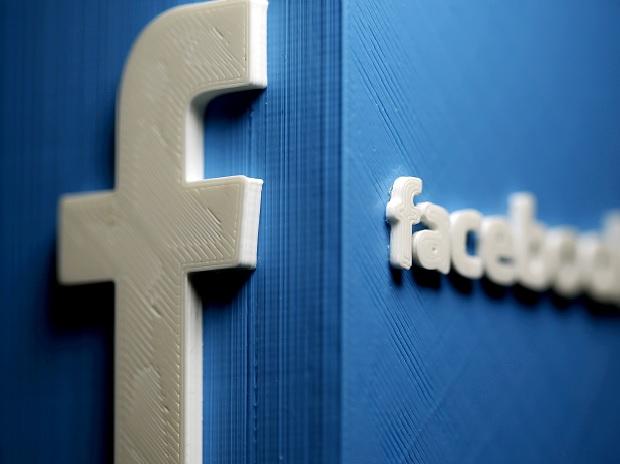The Facebook papers show Facebook should have done a lot more to curb the spread of hate and violence around the world. Will it be the final nudge for bringing in regulations for social media?

All that we suspected about social media – that it advances hate-filled content and induces anxiety and depression among youngsters – seems to be increasingly coming in the glare and drawing regulators’ serious attention.
The Facebook papers, the social media giant’s internal research documents leaked by former employee-turned-whistleblower Frances Haugen, suggest that Facebook was acutely aware that its platform was being used to spread misinformation and propagate hate and violence in many countries.
Haugen has also accused the company of harming children and weakening democracy.
The Facebooks papers, among other things, suggest that Facebook’s algorithm favours hateful content and that Instagram might be worsening body image issues among teenage audiences.
The importance of these findings cannot be fully appreciated unless one grasps the size of the Facebook universe.
With an active monthly user base of 2.74 billion, Facebook has a 59% share of the world’s social networking population.
In India, which is its largest market by user base, Facebook has 410 million users. Add to that the user base of the company’s other platforms – WhatsApp has 530 million users and Instagram 210 million. As much as 75% of the country’s social networking population uses Facebook.
If we undertake a deeper examination of the allegation against Facebook — that it is promoting hate-filled content on users’ news feeds — then we need to delve into what could be the possible incentive for doing such a thing.
No comments:
Post a Comment